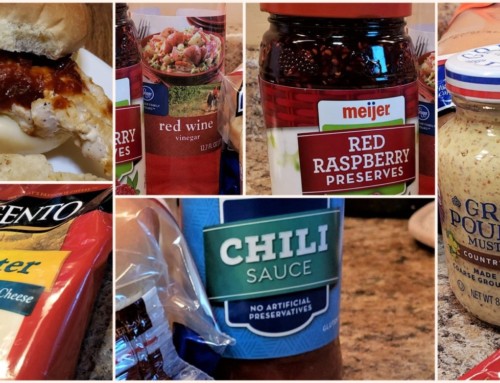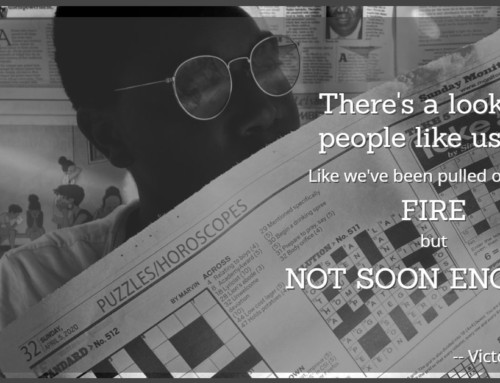–>
First up is Parade of Days by James Freeman. Freeman is a
Well. I would not help his good cause. But I would search for Parade in libraries and step lightly around the cow patties, as you must know I pretty well do.
Alas, not many pages into his book, I shut it for good. The first irritant was a certain over-formality, a common sin committed by several other writers in my critique group. Freeman’s story tells about an odd little collection of humans that take up residence in the air ducts in the library at
The second irritant was when the characters sat down for a snack on some of their stolen food. The old lady of the group, who could be as quirky as your local homeless shopping cart lady, or as normal and lovable as your pie-baking grandma (Freeman couldn’t decide which version to go with) tells a story about a girl who bears a mulatto baby. Now, when your author stops his story to let one of his characters go, “There once was a . . . “, I suspect he is just stuffing the book with something he wanted to say but which doesn’t fit into the plot. Or maybe it ties in somehow a few chapter ahead. Since I knew, however, that the chapters ahead contained cow patties and since I felt like I had exercised enough patience with amateur writing, I put Freeman away. His original idea sounded promising. It just didn’t lift off the runway.
Next up is Coupon Girl by Becky Motew. This book is apparently part of a series called “Making It,” stories about young career girls. Coupon Girl was such a fun read, as well as a peek into an unfamiliar world, that I’m tempted to add the other titles to my list. Jeanie, the main character, sells advertising promotions, or coupons. She pays visits to all the local characters–the orthodontists, the pizza makers, the ice cream scoopers and talks them into running a buy-four-get-one-free promotion, or whatever. Meanwhile, she tries out for a local production of The Sound of Music. Egos and mishaps abound.
Now when I open up the mail and find coupons for tooth whitening and carpet cleaning, I know that somebody had to walk in that business and convince the owner to offer a deal, that the owner hopes the offer will attract new customers.
Third up is High Lonesome: The American Culture of Country Music by Cecelia Tichi. Which is just what it says, plus photos of the country stars. For the bulk of the book, Tichi waxes on about what country music says about “the American culture of loneliness” or the romance of cowboys, or the tension between home and making it out there in the big wide world, or even roses. Is she reading things into these songs that aren’t there? I’m not sure, but she convinced me to give Emmylou Harris a try. Her book includes a CD, showcasing many of the artists she talks about.
My favorite part of Tichi’s book was an interview section. She focused on artists that came to country from some other form of music–opera, rock, classical violin. Country artists, if you ask them about their craft, claim they just come by it naturally (then complain later that no one takes country seriously because it’s so natural that there’s no skill involved). Tichi argues that of course it take great skill, but artists immersed in country their whole lives have a hard time explaining their skills. On the other hand, artists who come from a different genre are like people who have lived in two cultures. They are more able to define and compare..
So, now we have cleared out half of the pile. We’ll get to the rest in a few days. Meanwhile, here’s your recipe. It’s shamefully easy, the kind of thing you can prepare while you’re still groggy from your Sunday nap: Chicken Broccoli Shells






I think I got Coupon Girl on our last family vacay to New Hampshire and I vaguely recall recommending it to you. It was definitely a fun read.